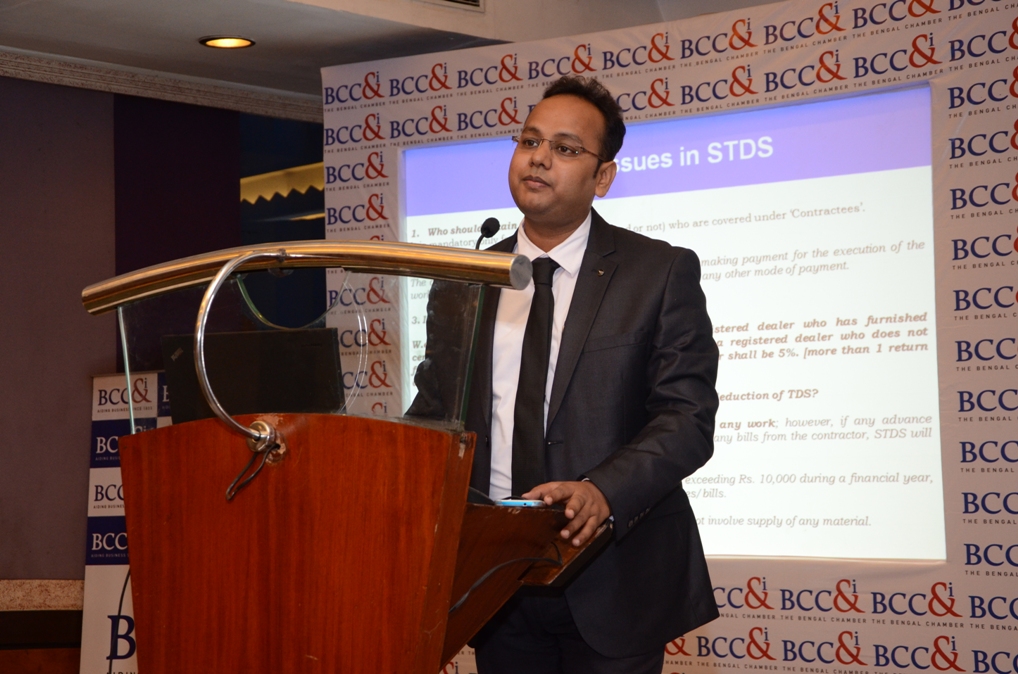Understand the tax treatment of ESOPs: ESOP expenses can be deducted if incurred for employees’ benefit, as affirmed by various court cases.
The cost of ESOPs to the Company is the difference between the market value of shares as computed under the guidelines of SEBI and the value at which these shares are issued to the employees. The dispute lies in the contention of the Department that no expenditure has been incurred by the company at the time of issuance of shares under the ESOP scheme and the expenditure has not crystallised till the date on which the employee exercises the option and hence any expenditure debited during the vesting period remains contingent in nature. Another contention of the department is that the expenses are capital in nature. The contention of the assessee is that the liability had crystallised at the time of issuance of shares itself and only the quantification remained pending at the time of exercise of such option by the assessee. Further, as the object of issuing such share at a lower price is nowhere directly connected with the earning of income but when the company undertakes to issue shares to its employees at a discounted premium at a future date the primary object of this exercise is not to raise the share capital but to earn profit by securing the consistent and concentrated efforts of dedicated employees during the vesting period, such discount is construed, both by the employees and the company, as nothing but a part of package of remuneration, a substitute for giving direct incentive in cash for availing of the services of the employees.
The issue has been discussed at length by the Karnataka High Court in the case of Biocon Ltd. [2020] 121 taxmann.com 351 (Karnataka), wherein the facts were that assessee floated Employees Stock Option Plans (ESOP) and provided shares to its employees at a discount discount. There was difference between grant price to employees and market price as on date of grant of ESOPs. The ESOPs were vested in employee over a period of four years. The deduction of discount on ESOP over vesting period was in accordance with accounting in books of account, which had been prepared in accordance with SEBI Guidelines. The Karnataka High Court held that on exercise of option by an employee, actual amount of benefit that had to be determined was only a quantification of liability, which would take place at a future date. The Court further held that the discount on issue of ESOPs was not a contingent liability but was an ascertained liability. Accordingly, issuance of shares at a discount would be an expenditure incurred for purposes of section 37(1) as primary object of aforesaid exercise was not to waste capital but to earn profits by securing consistent services of employees and therefore, same could not be construed as short receipt of capital. Thus, discount on issue of ESOP was allowable deduction under section 37(1) of the Act.
The Delhi High Court in the case of PVR Ltd. [2022] 145 taxmann.com 331 (Delhi) has held that difference between price at which stock options were offered to employees of assessee-company under ESOP and ESPS and prevailing market price of stock on date of grant of such options was allowable as revenue expenditure.
The Madras High Court in the case of PVP Ventures Ltd [2012] 23 taxmann.com 286 (Mad.) held that where assessee allotted shares to its employees under Employees Staff Option Plan and Employee Staff Purchase Scheme Guidelines, 1999, difference between market value of shares and value at which shares were allotted was allowable as revenue expenditure.
The Delhi High Court in the case of New Delhi Television Ltd. [2018] 99 taxmann.com 401 (Delhi) has held that Expenditure arising on account of ‘Employees’ Stock Option Plan (ESOP) is an ascertained liability and hence allowable under section 37(1) of the Act.
In the case of Cera Sanitaryware Ltd [2016] 68 taxmann.com 433 (Ahmedabad – Trib.), the Ahmedabad ITAT held that Employees’ stock option scheme expense is allowable as deduction u/s 37 of the Act.





